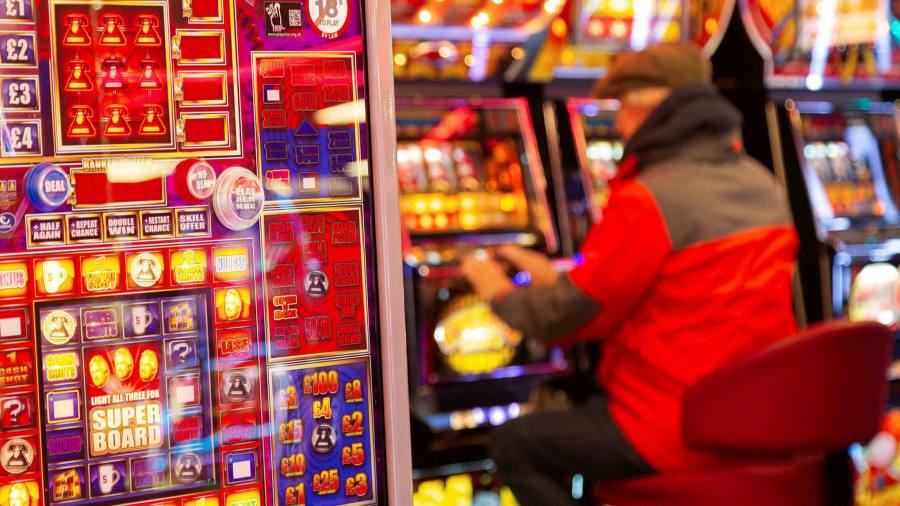[ad_1]
Stricter gambling laws in the UK would benefit the economy and increase tax revenues, a prominent think-tank has shown in a report due to be presented to the government on Wednesday as it considers a crackdown on the betting industry.
Despite gambling companies contributing £8bn to the UK economy in 2019 and £4.3bn to the exchequer, economists at the Social Market Foundation, a cross-party think-tank, found that if spending on gambling fell by £1bn, around 10 per cent of its current total, the Treasury would stand to benefit from £171m in tax revenues.
This, the report says, is because consumers would spend more in economically “productive†sectors such as retail, which the SMF argued have longer supply chains and generate more taxes for each pound spent.
The reduction would also prompt the creation of an additional 24,000 jobs and increase the UK economy’s “gross value added†— a measure of goods produced minus the cost of operations — by £311m, the study, seen by the Financial Times, suggests.
The debate around limits on betting companies has heated up as the government prepares for a long-promised review of the 2005 Gambling Act, which prompted a boom in the gambling market after it allowed UK businesses to advertise on TV and radio and offer online betting.
But the legislation has since been deemed unfit for regulating an industry that increasingly makes the majority of its profits online.
A consultation on the review led by the Department for Digital, Culture, Media and Sport is due to end this month. It is considering limits to online and television advertising for gambling companies, a ban on football shirt sponsorship and curbs to the amount that players can bet online.
The SMF has previously issued reports suggesting that gamblers should be subject to caps on spending of £100 each month and checks on how much they can afford to bet.
Scott Corfe, research director at the SMF and lead author of the study, said the SMF’s position was not “a prohibitionist or excessively paternalistic oneâ€, that it did not back a ban of gambling but was concerned with the economic and social impacts of problem gambling.
The study estimates that around 10 per cent of the industry’s revenues are derived from those with some form of gambling addiction.
The most recent NHS data show that around 300,000 people in England identify as problem gamblers — about 0.5 per cent of the total population.
Corfe said his key concern was a lack of available data on the economic consequences of gambling disorders: “This leaves policymakers flying blind and unable to answer key questions relevant to reforming the gambling sector.†The NHS said in late 2019 that the number of gambling related hospital admissions had more than doubled in the past six years from 150 to 321.
The report also showed that, as the industry increasingly moved online, fewer jobs were being created, shortening its supply chain and making the sector less economically productive.
Jonathan Portes, professor of economics and public policy at King’s College, London, said arguments to limit gambling because the industry did not have a wider economic impact compared to others such as retail was unjustified and that “arguments based on the social damage it does are far more convincingâ€.
Michael Dugher, the former Labour MP who is now chief executive of the Betting and Gaming Council, which represents 90 per cent of UK gambling operators, said the report was based on “fantasy figuresâ€. He added that curbs to gambling expenditure would not prompt more spending in other sectors.
“If people were restricted from betting in the regulated industry, they would simply migrate to the growing unlicensed, unsafe black market that employs no one, pays no tax and contributes nothing to UK plc. To think otherwise is, at best, naive,†Dugher said.
[ad_2]
Source link





